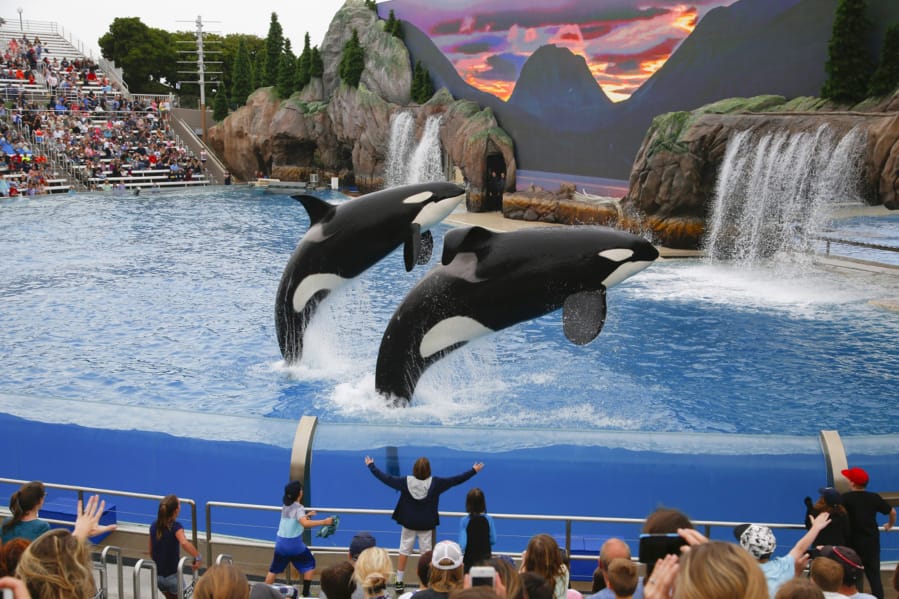SeaWorld has reached a $65 million settlement agreement to end a 2014 class-action civil lawsuit that accuses the company of misleading investors over the damage from the “Blackfish” documentary.
The Orlando-based company revealed the settlement in a new SEC filing Tuesday.
The settlement comes as SeaWorld seeks to move forward after years of scrutiny over its orca habitats, turnover in the chief executive position and declining attendance. SeaWorld has seen high turnover among executives in recent years. Many of the leaders named in the lawsuit left years ago.
In the filing, SeaWorld does not admit any wrongdoing and the settlement must still be approved by the courts.
The 2013 “Blackfish” documentary brought long-standing criticisms of keeping whales in captivity into the mainstream and told the story of Dawn Brancheau, a beloved Orlando trainer who was killed in 2010 by Tillikum, one of the park’s largest orcas.



